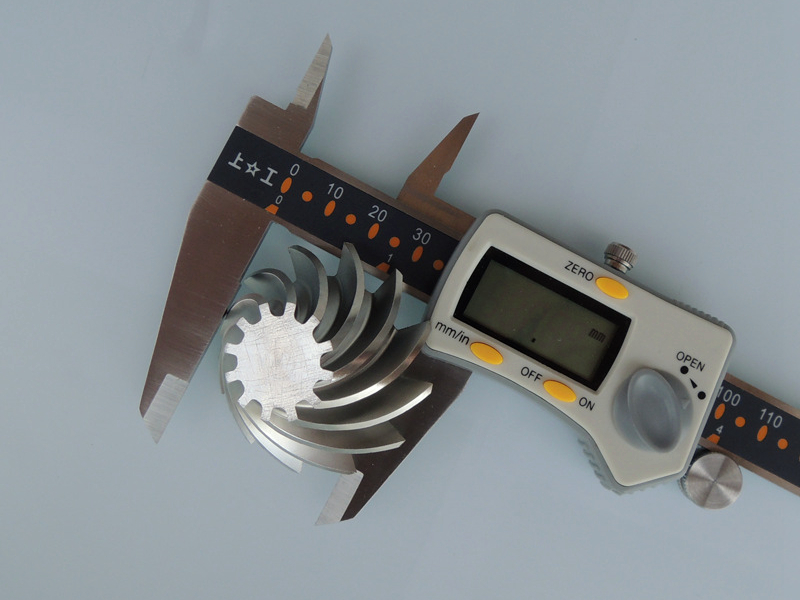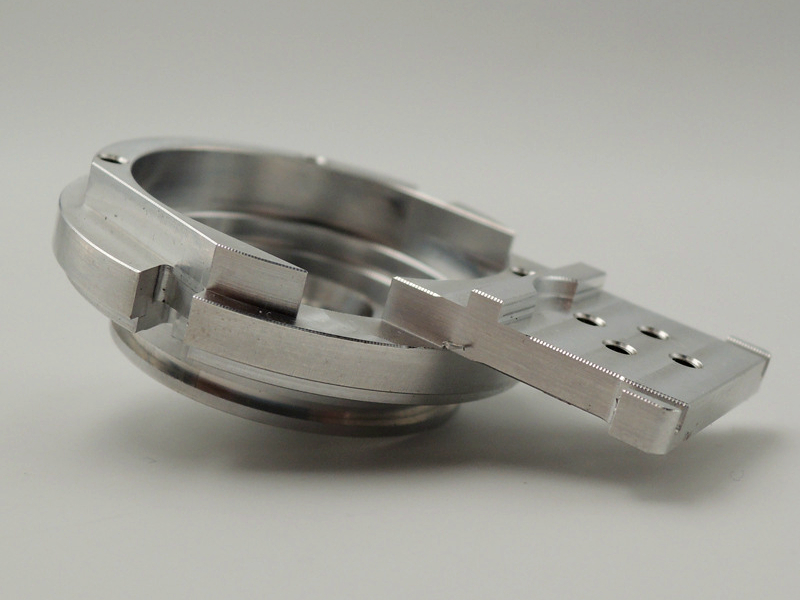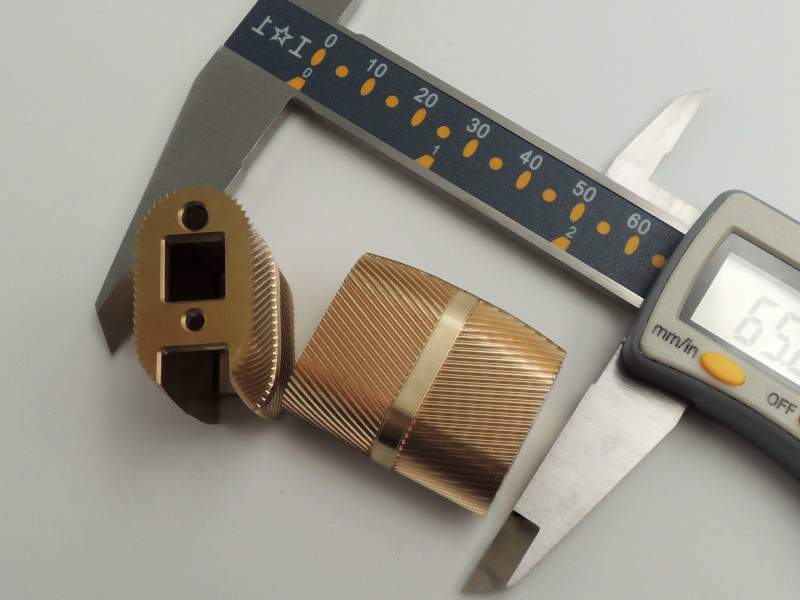What is the standard tolerance for CNC machined parts?
What Is the Standard Tolerance for CNC Machined Parts?
General CNC Tolerance Standards
The standard tolerance for most CNC machined parts is ±0.125 mm (±0.005 inch) unless otherwise specified. This level of precision is sufficient for general-purpose components that do not require high-accuracy fits. However, many industrial applications require tighter tolerances depending on the part's function, geometry, and material.
Common Tolerance Ranges by Application
Application Type | Typical Tolerance |
|---|---|
General mechanical parts | ±0.125 mm (±0.005 in) |
Precision mechanical fittings | ±0.05 mm (±0.002 in) |
Aerospace/medical components | ±0.01 mm (±0.0004 in) |
Tighter tolerances increase production time and cost due to slower feed rates, multiple finishing passes, and more frequent inspections. At Neway, we can achieve precision as fine as ±0.01 mm, depending on material, tooling, and part geometry.
Influencing Factors on Tolerance
Material Type: Stable materials like aluminum and brass hold tolerances more easily than tough materials like titanium or stainless steel.
Machining Process: Processes like precision machining, EDM, or multi-axis machining allow finer tolerances than basic 3-axis setups.
Part Geometry: Features like thin walls, deep pockets, or tight radii may require looser or adjusted tolerances to ensure manufacturability.
Neway’s Tolerance Control Capabilities
At Neway, we consult with clients during the design and prototyping stages to optimize tolerances for both function and cost. We routinely machine components to ±0.01 mm tolerance using calibrated metrology tools such as CMM and digital bore gauges to ensure every part meets its critical dimension requirements.
Explore our precision CNC capabilities:



